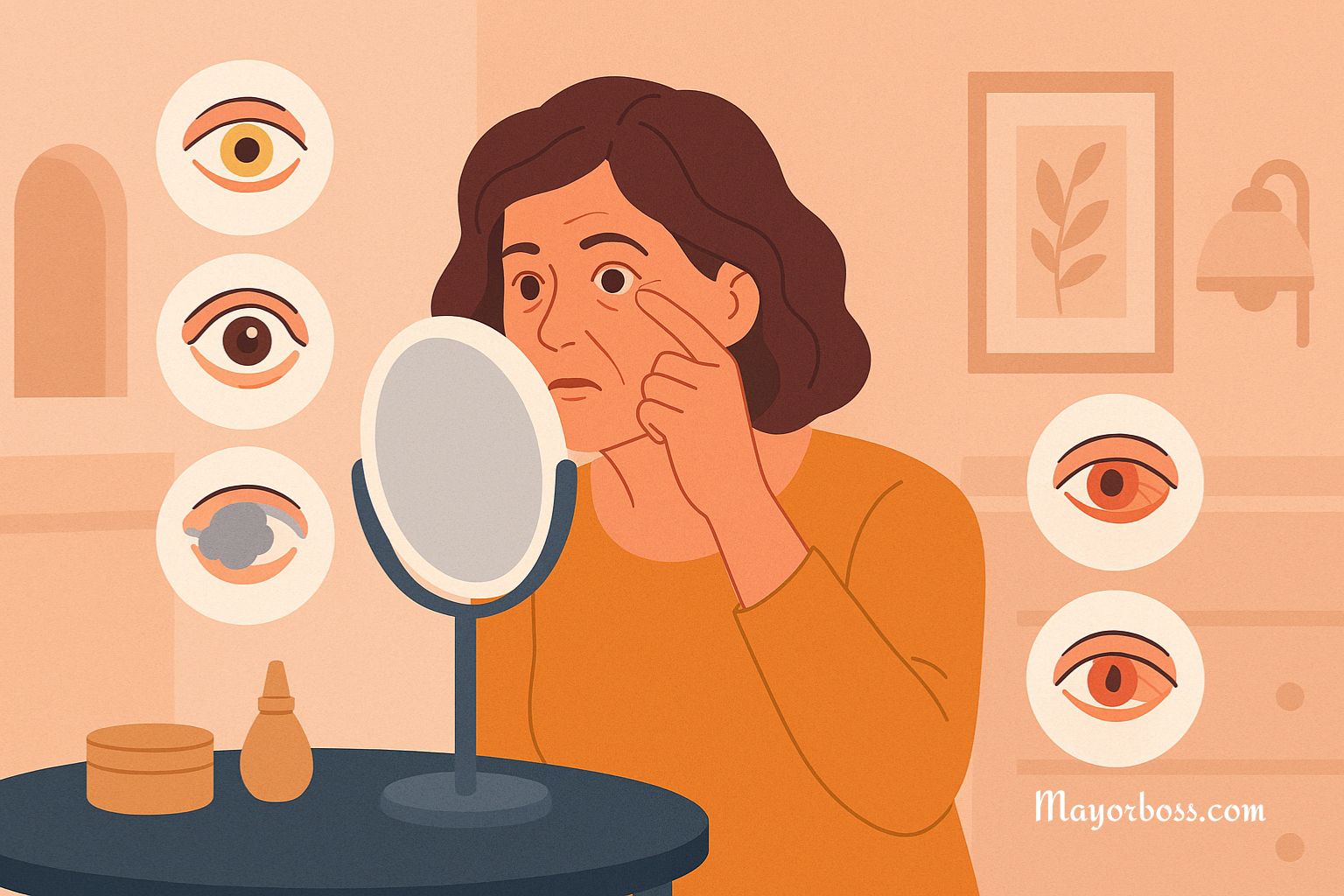This is Why You Should Never Hold in Your Fart, According to Science
Passing gas might be embarrassing at times, but did you know that holding in a fart can be worse for your health? You might be tempted to keep it in, especially in a public place or social setting, but the science behind why you shouldn’t do that is pretty clear. Here, we’ll explore why letting it go might just be the healthiest choice.

Your Body Produces Gas That Needs to Be Released Every Day
Every day, your body makes gas as a natural part of digestion. In fact, Healthline explains that it’s a normal process caused by the breakdown of food in your digestive system. The bacteria in your intestines break down complex carbohydrates, releasing gases like carbon dioxide, hydrogen, and methane. This buildup of gas is a natural consequence of your body digesting the food you eat.
If you decide to hold in this gas, it doesn’t just disappear. Instead, it builds up, creating pressure and discomfort in your intestines. This means that holding in your fart can lead to bloating, cramping, and even pain. Mayo Clinic explains that releasing gas is important for keeping your digestion comfortable and healthy.
Holding in Gas Can Cause Pain and Discomfort
Holding in a fart might seem harmless, but it can lead to some unpleasant side effects. When you keep gas trapped in your intestines, Cleveland Clinic explains that it creates increased pressure. This can cause abdominal discomfort, bloating, and pain. The discomfort can range from mild to quite severe, depending on how much gas you’re holding in and how long you’ve been holding it.
Moreover, the pressure doesn’t just cause discomfort—it can make you feel irritable and restless. When your intestines are stretched from the gas, they send signals to your brain that something is wrong, which can affect your mood and overall well-being. Plus, if you keep holding it in, you might feel the gas travel upwards, which can lead to belching or heartburn.
The Gas Can Be Reabsorbed by Your Body
What happens when you don’t let that gas escape? Well, research published by the National Institutes of Health suggests that when gas is held in, some of it can actually be reabsorbed into your bloodstream. From there, it may travel to your lungs and be exhaled when you breathe. Yes, you read that right—your body may end up releasing the gas through your breath.
This reabsorption process isn’t necessarily dangerous, but it can make your breath smell bad. It’s an odd thing to think about, but it’s another reason to let the gas out when your body urges you to. Holding in gas just complicates its exit and can make for an even more awkward release later.
Holding in Gas May Lead to the Formation of Diverticula
Constantly holding in gas may also lead to the formation of something called diverticula. According to the Cleveland Clinic, diverticula are small pouches that can form along the walls of your colon when too much pressure builds up inside your intestines. While they’re often harmless, they can become inflamed or infected—a condition called diverticulitis, which can cause severe abdominal pain and might need medical treatment.
Although there isn’t a direct link between holding in farts and developing diverticulitis, regularly suppressing gas could increase the pressure in your intestines, potentially contributing to the formation of diverticula over time. Letting out gas when you feel the urge helps prevent unnecessary pressure buildup.
Holding in Gas Can Make You Feel More Stressed
There’s also a psychological side to holding in gas. Research is clear that physical discomfort can raise your stress levels. When you’re uncomfortable because you’re holding in gas, your body produces stress hormones, which can negatively impact your mood. Stress hormones like cortisol and adrenaline might increase, making you feel more anxious or stressed than you need to be.
Plus, being distracted by discomfort can make it harder to focus on whatever task is at hand. Simply put, if you’re more comfortable, you’re likely to feel more relaxed, focused, and at ease.
Letting Gas Out is Good for Your Health
Though it might be socially awkward to pass gas, doctors and health experts say it’s a natural, healthy part of digestion. By holding it in, you’re causing unnecessary discomfort and putting yourself at risk for more significant health issues. Gas is a byproduct of your digestive process, and it’s meant to be released.
If you find that you’re passing gas too often, it could mean something is off with your diet or digestion. Doctors recommend keeping an eye on what you eat and talking to your doctor if you have concerns. Certain foods, like beans, broccoli, onions, and carbonated drinks, are well-known for producing more gas. If gas is causing you significant discomfort, consider changing your diet or seeing a doctor who specializes in gastrointestinal health.
In summary, farting is normal and healthy. Rather than feeling embarrassed, remember that your body is simply doing what it needs to do. Letting gas out when you feel the urge helps you avoid pain, discomfort, and potential health problems that can come from holding it in. So next time you feel the need—just let it go.






